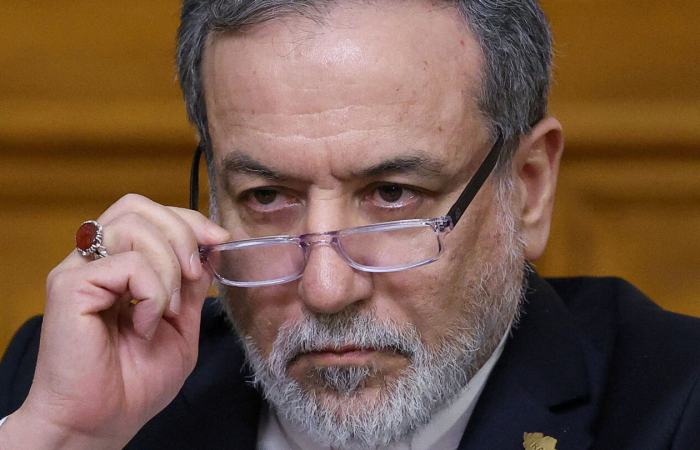Служба принудительного исполнения судебных актов (СПИСА) Министерства юстиции Армении планирует позаимствовать европейский опыт принудительного исполнения. Об этом 28 марта сообщил журналистам глава СПИСА Мигран Погосян.
По словам Погосяна еще в октябре прошлого года СПИСА организовала конференцию, в ходе которой делегации из 16 стран представили слабые и сильные стороны частной и государственной системы принудительного исполнения. В связи с этим с 26 по 29 марта в Армении проходит завершающий этап обсуждений с международными экспертами, после чего специально сформированная комиссия СПИСА примет решение по дальнейшей модели.
В рамках обсуждений с докладами выступил первый заместитель главы Международного союза судебных исполнителей (МССИ) Бернард Меню. "Сегодня мы представили нашим армянским коллегам модели принудительного исполнения в европейских странах, и перспективы их развития, которые позволят рассмотреть целесообразность применения частной модели принудительного исполнения в Армении'',- сказал Меню.
Отметим, что в настоящее время в мире существует три модели системы принудительного исполнения: публично-правовая, частноправовая и смешанная. При частной модели принудительного исполнения судебному исполнителю государство делегирует функции исполнения решений по гражданским делам и иным юридическим актам.
СПИСА Армении планирует позаимствовать европейский опыт принудительного исполнения
СПИСА Армении планирует позаимствовать европейский опыт принудительного исполнения







